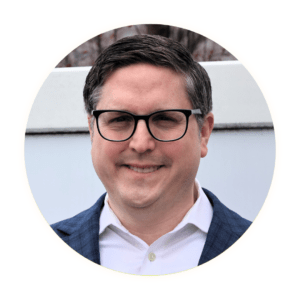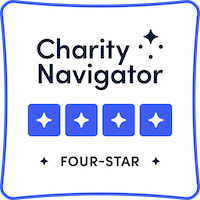Chief Executive Officer
Rich Bobby

With 25 years of human services experience, including 12 years at Little City, Rich has overseen operations for all Little City’s programs and support services, serving children, youth, and adults with autism and other intellectual and developmental disabilities.
Rich first joined Little City in 2012 as the Director of the Center for Family & Community-Based Services overseeing Little City’s Foster Care & Adoption, Community Clinical Services, and Home-Based Services. In December 2014, he became the Chief Program Officer of Adult Services, later transitioned to become the Chief Program Officer of Children’s Services and was named Chief Operating Officer in 2023 before starting his current role as Chief Executive Officer in 2024.
Rich’s personal dedication to Little City springs from knowing loved ones, individuals, families, and communities impacted by trauma, mental health, and disabilities, as well the frequent social injustices they encountered that perpetuated these challenges. Rich finds that the mission of Little City has profound purpose and meaning for the individuals and families we serve, as well as donors and other stakeholders. He believes that all things are possible at Little City, including achieving social justice through equity and inclusion for all we serve today and tomorrow.
Prior to joining Little City, Rich spent several years in special education, child welfare and protective services, children’s residential services, in-home family services, and foster care and adoption services. He holds a bachelor’s degree in psychology from Northern Illinois University, a Masters of Social Work from the University of South Florida, and is a Licensed Clinical Social Worker (LCSW).
Connect with Rich
[email protected]
847.221.7824![]()


